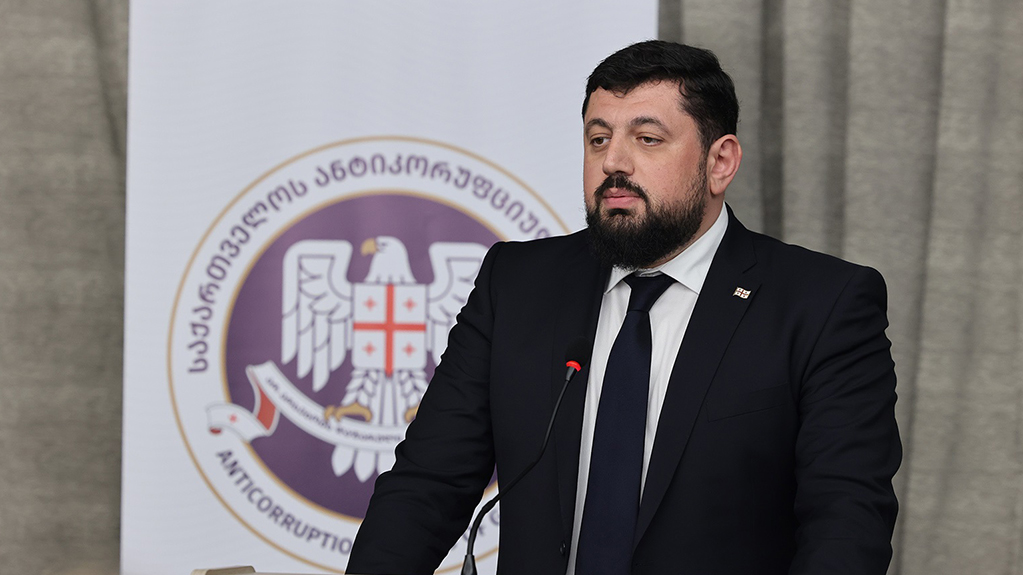According to Razhden Kuprashvili, head of the Anti-Corruption Bureau, they plan to strengthen the whistleblower institute in the public sector.
News
Trending stories
- 1 Former Prime Minister Garibashvili Sentenced to Five Years in Prison After Plea Deal
- 2 Otar Partskhaladze Charged with Organizing Murder of Businessman Levan Jangveladze
- 3 Shalva Papuashvili Says Georgian Dream Filed Complaint with BBC
- 4 Georgian Dream Party Further Tightens Grants Law, Introducing Up to 6 Years in Prison
"A strong whistleblowing mechanism will exist in all public institutions. This means that often, when citizens approach public institutions, they don't receive timely responses regarding certain decisions. This negatively disposes citizens towards the public sector, which poses a threat to our democracy. Strengthening the whistleblower institute will be a reform that brings transparency," Kuprashvili stated today, July 24, before a meeting with public sector representatives.
A whistleblower can be "any citizen, any person working in a public institution who exposes a corrupt act."
"A whistleblower can be completely anonymous. They are not obliged to provide their name and surname, or they can openly present the problem. We can partially conceal it, meaning we, the Anti-Corruption Bureau, know who exposed a specific fact, but the reviewing body does not have specific information about the person; we protect the whistleblower. They will be able to contact us regarding all issues," said Razhden Kuprashvili.
The Anti-Corruption Bureau is working on "protection mechanisms" for whistleblowers. Kuprashvili explained that "whistleblowers are entitled to” protective mechanisms, for example, if they expose a specific official.
"A whistleblower can receive certain protection; they cannot be dismissed, and criminal prosecution cannot be initiated against them. It is possible that this could be used unfairly, or that the person is dishonest and needs to use this protection. Therefore, the outlined procedures will also ensure this," said Razhden Kuprashvili.
As he noted, during whistleblowing, the burden of proof shifts to the investigation and is not on the whistleblower.















